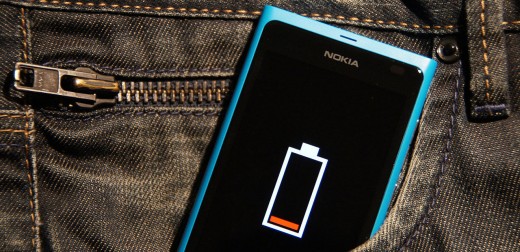Is the era of slow-charging cell phones finally reaching an end? Researchers in Singapore seem to be promising it: They’ve created a battery that can recharge a cell phone to 70% in two minutes; an electric car will be able to recharge in five. And the battery will have a life-span of 20 years, which, considering how many people upgrade their phones after only a few years, means most consumers will never be frustrated by a degrading battery again.
But you can’t buy one just yet. Mass production is two years away.
Regular lithium-ion batteries are used in cell phones, tablets, electric vehicles, and rechargeable batteries; they usually last only two or three years and take two hours to fully charge. But researchers from Nanyang Technological University in Singapore replaced the traditional graphite used for the anode (the negative pole) in lithium-ion batteries with a new gel material made from titanium dioxide to speed up chemical reactions, leading to “super fast” charging.
There’s an environmental benefit, too: The Singapore researchers’ battery uses titanium dioxide, which is found in soil. Titanium dioxide is plentiful, cheap, safe, and easy to produce, according to the researchers. “Equally important, we can now drastically cut down the toxic waste generated by disposed batteries, since our batteries last ten times longer than the current generation of lithium-ion batteries,” the scientists said in a press release.
[h/t: ScienceAlert.com]
